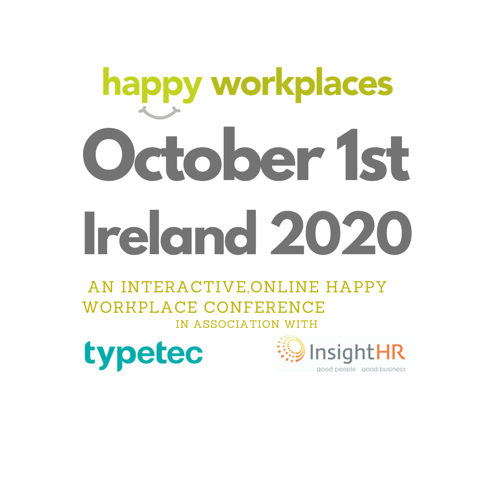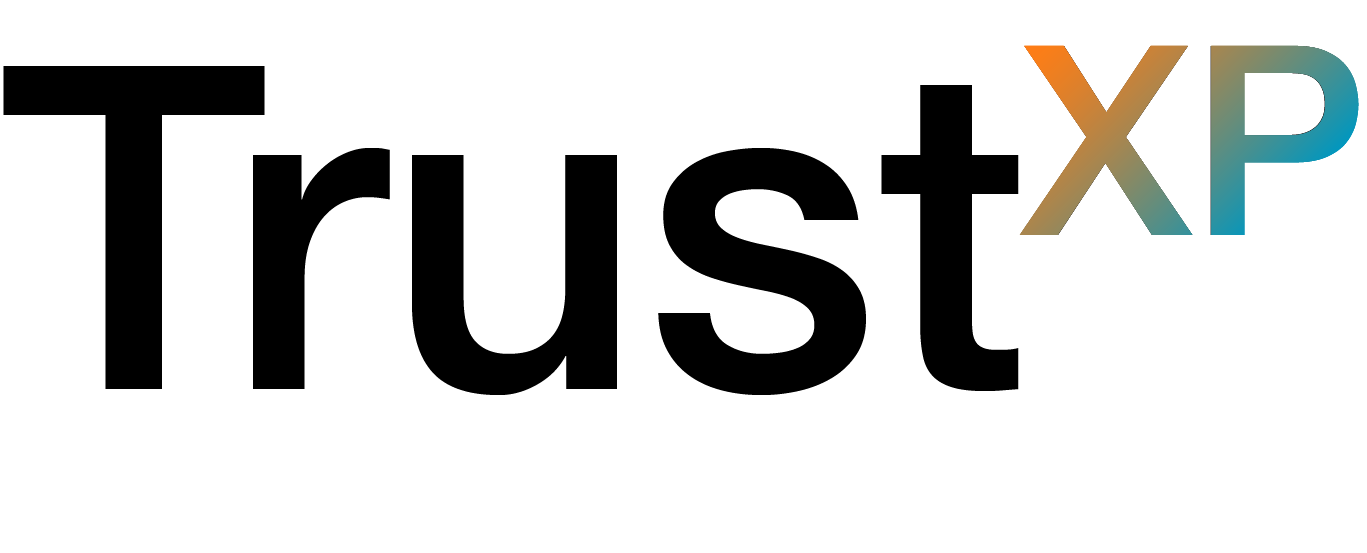We’re launching TrustXP, the new trust measurement tool
After months or research, I’m proud to announce that we are launching TrustXP: the trust measurement tool. Organisations of all sizes, across all industries now have the possibility to measure trust inside their workforce.
As consultants we have been helping numerous companies with
their efforts to improve trust. It’s wonderful to see what happens to teams,
departments and organisations when trust builds. The social and business
benefits are strongly evidenced in research. But trust is quite an elusive
topic. It seems difficult to grasp. And as Peter Drucker famously said: “If you
can’t measure it, you can’t improve it”. That’s why we built a tool that helps
you measure trust.
TrustXP measures trust through surveys. A proven effective method, but with a different setup, questions, and more relevant conclusions than what you’re used to. With direct implications on revenue, innovation and profitability, and also on happiness.
Powered by expertise,
rooted in research
Our methodology is created by experts, and is aligned to
trust research and our industry expertise. We are also setting up a research
panel to stay abreast leading academic research, developments and findings on
measuring trust.
Our method
Every organization is different. That’s why TrustXP helps you to reflect your organisational priorities, whilst keeping statistically relevant measurements. You’ll be able to benchmark against your industry and similar size organisations, and against your previous results. And we’re in it for the long run. Define, Measure, Analyse, Action, Repeat, in a cycle that works best for you.
What we’re not
We are not a recruiting tool, and won’t put you in a “best
employers of the year”-list. These lists don’t respect individual
organisations, cultural differences and most of all, are not contributing to
improving business or social value. They force employees to cover up their true
responses in exchange for a socially preferred answer. Employees deserve a
voice. They shouldn’t just be used as a marketing tool. We are not in that
business. (What we do encourage, is to
make employees so delighted that they will share their joy about their employer
with everyone they know. You need to trust them to do that when they are
happy;)
We’re committed to help you building trust in the long run. We’re starting with the basics of trust; employee trust. And we’re passionate about bringing you the best tools. Our roadmap is filled with additional functionalities, both on employee trust measurements, as well as all other areas of trust. (Some people told us it looks ‘impressive’ and ‘exciting’!) Follow us on LinkedIn, or drop us a note if you want us to keep you posted about our developments.
If you think your organisation could use TrustXP, let us know. We’re eager to help you out, whether you’re an employee, HR manager or the CEO. Feel free to email me at tbaart@trustxp.com so that we can set up an appointment.
Additionally, we’re always looking for trust experts and top talent. If you want to contribute to what we’re building, let’s talk. And if you are a change management, innovation or HR consultant, and you could use TrustXP in your clients org; you know where to find us!








